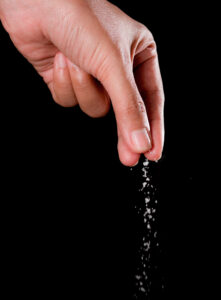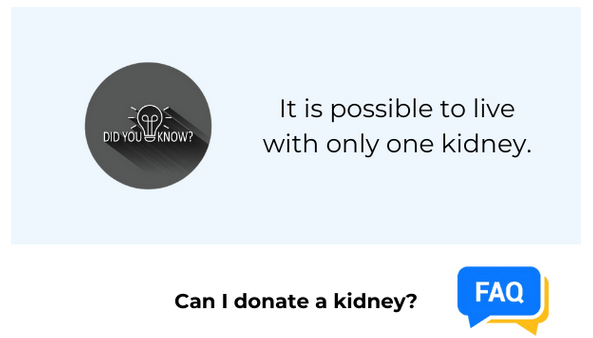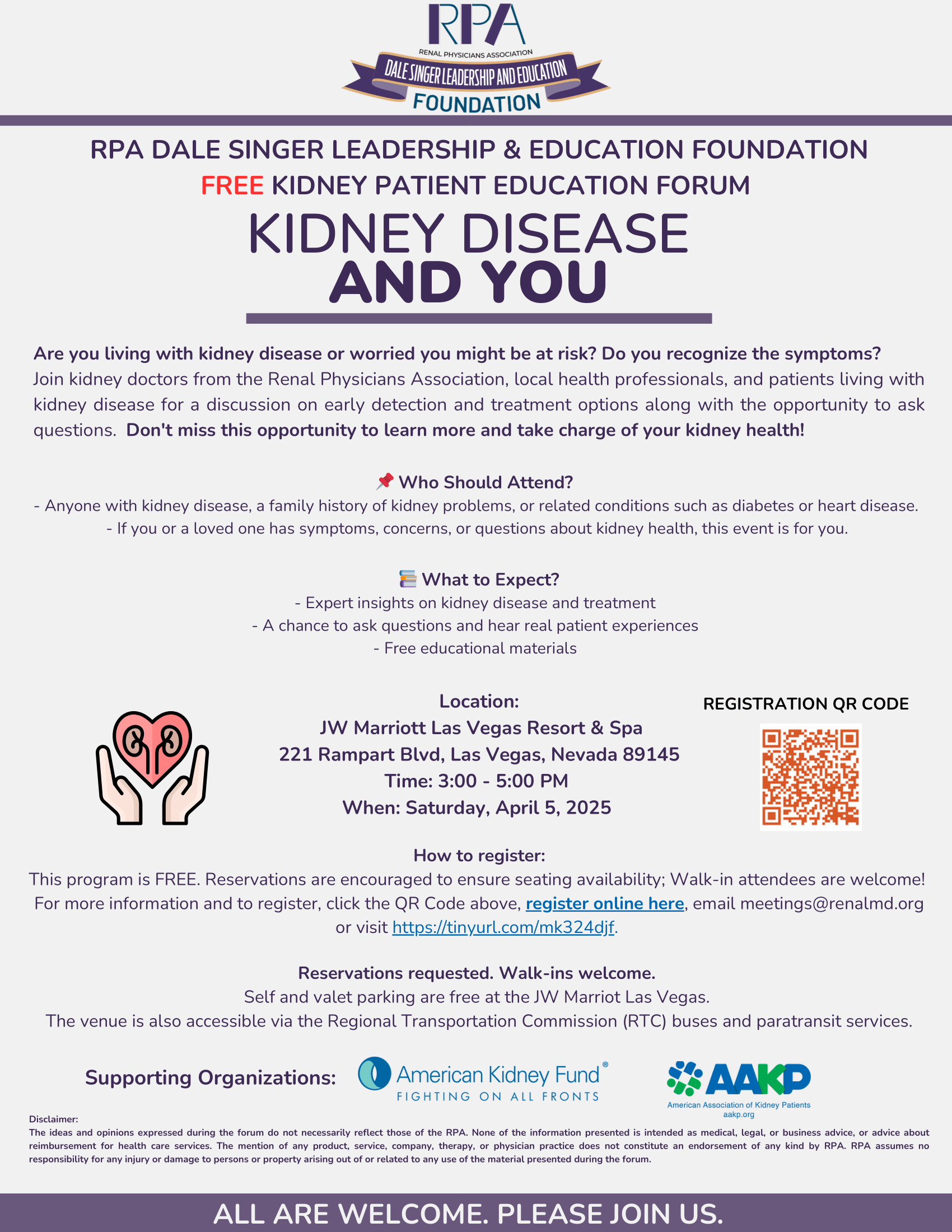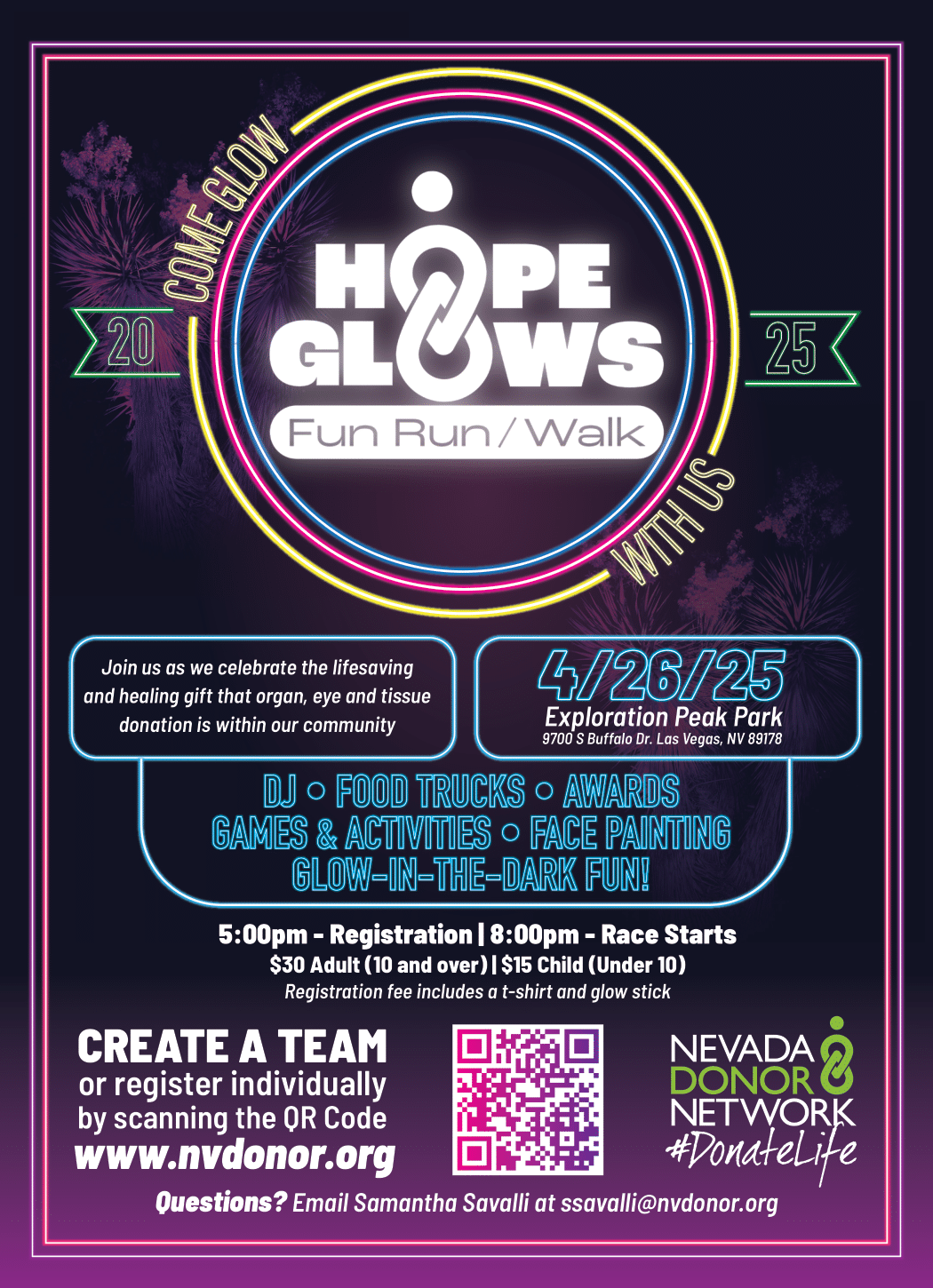
April Newsletter 2025
Practice Updates
Upcoming Office Closures:
April 25, 2025
May 16, 2025
May 26, 2025
Please note that you can reach our office by calling 702-877-1887 during these times.
Telehealth update:
Telehealth coverage has been extended through September 30, 2025 as part of a short-term government funding bill signed by the president on 3/15/2025.
If your insurance allows and you need to convert your appointment to telemedicine, please contact our office at 702-877-1887.
KSOSN Office Hours are Mon-Thur 8:00a – 5:00p. Fri 8:00a to 12:00p
Surgical Center Hours are Mon-Sat 7:30a – 4:30p.
Kidney Health Tip of the Month

Limit your Sodium Intake
Too much salt can raise blood pressure and put extra strain on your kidneys. Try to keep sodium intake below 2,300 mg per day (about one teaspoon of salt). Choose fresh, unprocessed foods, and check labels for hidden sodium in packaged items. Instead of salt, season your meals with herbs, lemon, or garlic for flavor without the risk. Excess salt intake will cause fluid retention in the body, causing worsening of swelling and can lead to symptoms of shortness of breath in patients with cardiac conditions.
Educational Spotlight
April is National Donate Life Month!
More than 100,000 people are waiting for a lifesaving transplant. Transplants rely on the generosity of organ, eye, and tissue donors, and there are not enough donors to meet the need.
Facts:
- Close to 90,000 people in the US are waiting for a kidney donation.
- 86% of patients waiting are in need of a kidney.
- 3-5 years is the average waiting time for a kidney from a deceased donor.
- Every 8 minutes another person is added to the national transplant waiting list.
- With living donation, a patient may be able to receive a transplant in less time.
- Generally, living donors will have a full medical exam, must be at least 18 years old, and in good physical and mental health.
When is a kidney donation needed?
A kidney transplant is used to treat kidney failure (also called end-stage renal disease, ESRD), a condition in which kidneys can function at only a fraction of their normal capacity. People with end-stage kidney disease need either dialysis or a kidney transplant to stay alive.
Causes of kidney failure may include diabetes, polycystic kidney disease (PKD), chronic uncontrolled high blood pressure (hypertension), or chronic glomerulonephritis (an inflammation and eventual scarring of the glomeruli — the tiny filters within your kidneys).
What is dialysis?
UNOS Transplant Living describes dialysis as a treatment that uses a filtering machine or a special fluid in your belly to filter waste out of your body. This is usually something kidneys do. It’s important to know that dialysis only filters out waste — it can’t replace other functions of your kidneys, such as making hormones. Dialysis only does 10-15% of the work that a healthy kidney would do. For some people, dialysis is the only option for treating kidney disease. For others, dialysis keeps them alive until a kidney is found for a transplant. The National Kidney Foundation states that each hemodialysis treatment usually lasts about four hours and is done three times per week.
How does living donation work?
Because a person can live with only one kidney, living donation offers another choice for some transplant candidates. The average waiting time for a donor kidney from a deceased donor is 3 to 5 years. A kidney from a living donor offers patients an alternative to years of dialysis and time on the national transplant waiting list. With living donation, a patient may be able to receive a transplant in 1 year or less. After donation, the living organ donor’s remaining kidney will enlarge, doing the work of 2 healthy kidneys.
Who can be a living donor?
Family members are often the most likely to be compatible living kidney donors, but many people undergo successful transplants with kidneys donated from people who are not related to them. Living donors will have a full medical exam, must be at least 18 years old, and in good physical and mental health. Different transplant centers have different limits on who can donate. The Kidney Transplant Learning Center offers resources on how to prepare to make the living donor ask and/or to have a family member or friend serve as a living donor champion.
How can my donor kidney help?
Every 8 minutes, another person is added to the national transplant waiting list — and 86% of patients waiting are in need of a kidney. On average, a living donor kidney can function anywhere between 12 to 20 years, and a deceased donor kidney can improve quality of life for 8 to 12 years. Plus, patients who receive preemptive kidney transplant see a number of benefits (especially for children and adolescents with end-stage kidney disease).
Per Mayo Clinic, other benefits include lower risk of rejection of the donor kidney, improved survival rates, improved quality of life, lower treatment costs, and avoiding the restrictions and complications of dialysis.
Kidney transplant recipients can expect to spend several days to a week in the hospital. Transplant recipients may take a number of medications after transplant, many for the rest of their lives. The medications help reduce the risk of complications after transplant.
To learn more about organ, eye, and tissue donation visit DonateLife.net.
Resource:
Kidney Donation – Donate Life America
For additional resources visit our website
Kidney Friendly Recipe of the Month

Breakfast, Desserts, Snacks, Vegetarian, Low Phosphorus, Low Potassium, High Protein, Low Sodium
Ingredients
Based on 1 crepe servings per recipe.
- 4 egg yolks
- 2 whole eggs
- 1/2 cup sugar
- 1 cup flour
- 1/4 cup oil
- 2 cups milk
- 4 apples
- 1/2 cup brown sugar
- 1/2 teaspoon cinnamon
- 1/2 teaspoon nutmeg
- 1 stick or 1/2 cup unsalted butter
Nutritional Information per serving
- Calories 315
- Carbohydrates 40 g
- Dietary Fiber 15 g
- Protein 5 g
- Sodium 356 mg
- Potassium 160 mg
- Phosphorus 103 mg
Preparation
- Mix egg yolks, whole eggs, sugar, flour, oil, and milk until the batter is free of lumps.
- Heat a small non-stick skillet over medium heat.
- Spray the pan with cooking spray.
- Using a 2-ounce ladle or 1/4 cup, spoon 1 scoop of batter into the pan, then swirl the pan to spread the crepe batter thinly on the bottom of the pan.
- Cook for about 20 seconds, then flip the crepe (with the aid of a rubber spatula) and cook for about 10 seconds. Set crepes aside while you make the filling.
- Peel, core, and slice apples each into 12 slices.
- Heat a medium sauté pan.
- Melt butter, then add brown sugar.
- Toss in the apples, cinnamon, and nutmeg.
- Cook apples until tender but not mushy. Set aside to cool.
- Assembling the Crepes: Fill the middle of each crepe about with about 2 tablespoons of apple filling.
- Roll into a log.
Note: Crepes can be made the day before or hours in advance, just cover with plastic wrap and store in the refrigerator. When ready to eat microwave crepes for a few seconds.
Once you get the hang of making crepes then you can try other fillings as well. These are great snacks, breakfasts, or treats.
Meet Our Care Team

Dr. Syed Shah, M.D.
Specialty: Transplant Nephrology
Dr. Syed Shah’s journey from a remote village in the North West Frontier Province (NWFP) of Pakistan to Las Vegas, Nevada is nothing short of incredible. His success is a testament to his incredible work ethic, his family’s commitment to educate their son and the power of perseverance.
After receiving a rare boarding school education in Pakistan, the young Syed Shah was determined to pursue a career in medicine. He earned a medical degree at the University of Peshawar and practiced for 10 years before deciding that to truly excel he would need additional training where facilities and expertise were not limited.
Dr. Shah came to the United States and SUNY Downstate Medical Center in Brooklyn, New York to further his medical training. During his residency, he was exposed to a large number of patients with advanced kidney disease who needed both immediate care, in the form of dialysis, as well as long-term solutions to improve their quality of life. He decided then to become part of that solution and chose the specialty of transplant nephrology.
Dr. Shah specializes in transplant nephrology, helping patients prepare for and recover from kidney transplantation. In his practice, he strives to know his patients both medically and personally. He believes that familiarity results in better, more personalized care.
Dr. Shah is Board Certified in Nephrology and Internal Medicine and fellowship trained in Nephrology and Transplant Nephrology. He has done extensive research on the causes of rejection in kidney transplant patients.
Dr. Shah moved to Las Vegas in 2010 to join the KSOSN team. He is married with two young children, boy and girl twins.

Kelley Martinez
Front Office Supervisor
Kelley Martinez joined Kidney Specialists of Southern Nevada’s executive team in April of 2022.
Kelley has 15+ years of supervisory experience in customer service and patient care environments. Kelley is also a kidney donor and has a personal interest in nephrology.
In addition to her role at KSOSN, Kelley loves to spend time with her family, read books, and buy new plants.
What is one piece of advice you would give to your younger self?
Don’t get stuck in the past. Every day is temporary, so give each day the ending YOU want.
What motivates you to do your best work?
The happiness and feedback of my team and my peers. I want to be impactful. I strive to be a positive example. My best work will be reflected in my team.
If you had to pick one song to be your life’s theme, what would it be?
I would choose “Dancing in the Moonlight” by King Harvest. It is one of my favorite songs. I smile every time I hear it and can’t help but move!

Yes, living kidney donation is possible and a healthy
person can live with one kidney. However, careful
medical evaluation is required.
Words of Encouragment

Just as the kidney filters waste from the body, let go of negativity and allow positivity to cleanse your soul.
A strong spirit can overcome even the greatest challenges; kidney patients exemplify unwavering strength.
Dialysis may be a challenge, but it cannot dim the light of hope that burns within you.
Health Reminders
Kidney education classes & Modality Education opportunities are available! Call our office to see if you qualify.
Keep hands clean by following these 5 steps:
- Wet
- Lather
- Scrub
- Rinse
- Dry
Upcoming Events
Kidney Patient Education Forum – Kidney Disease and You
April 5, 2025 from 3:00 – 5:00 PM
LivingWell Senior Expos – April 2025
April 4, 2025 – Sante Fe Station
April 10, 2025 – Centennial Hills YMCA
April 18, 2025 – Henderson Multi Gen. Center
April 24, 2025 – Durango Hills YMCA
Health and Wellness Expo – Saturday, April 26, 2025
Hope Glows Fun Run/Walk
April 26, 2025 – Exploration Peak Park
KSOSN offers Kidney Smart classes each month at our main office. Patients can sign up by visiting www.kidneysmart.org or by calling 279-228-8396.
The class will cover topics on:
- How kidneys work and causes of kidney disease
- How to take control of kidney disease through nutrition and lifestyle choices
- What treatment options may be available, including transplant
- How working and insurance decisions can affect your life with kidney disease
KSOSN HealthFair – March 6, 2025
We want to extend a huge thank you to everyone who attended our Health Fair on March 6th. It was a fantastic event filled with valuable health resources and great conversations about taking charge of your health. We were thrilled to see so many of you engaging with representatives and educators from Vantive (Baxter), NxStage, and Kidney Smart.
Stay tuned for future events and thank you for being a part of our community!


